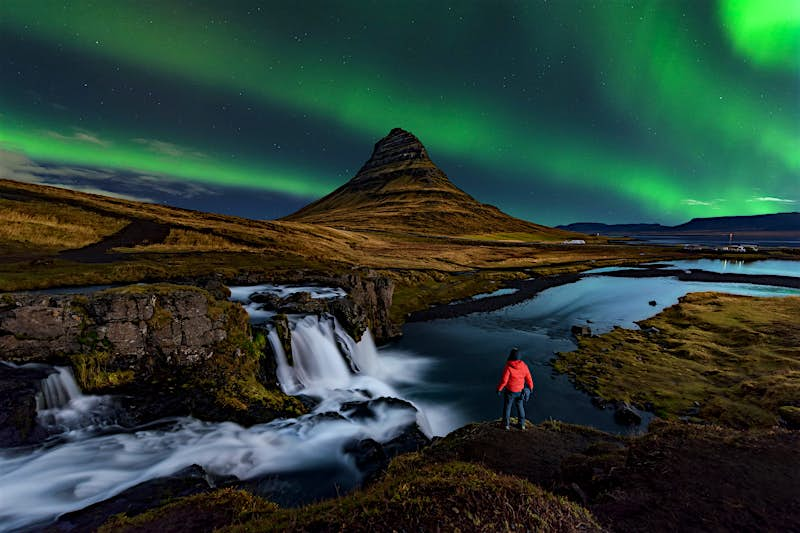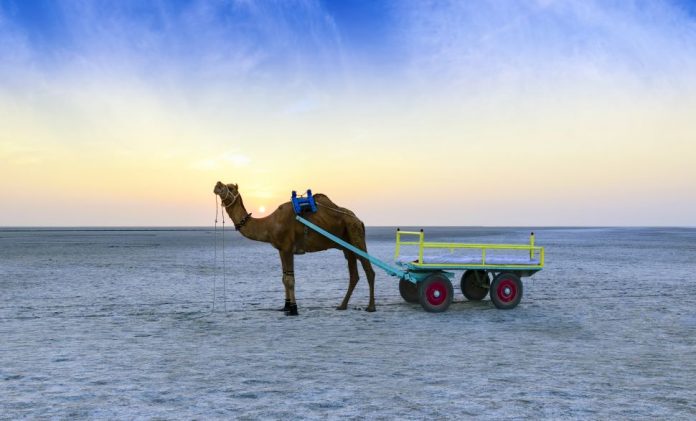Haven’t had a chance to see the Northern Lights yet? Some travellers may be disappointed to hear that it’s not the ideal year to plan a trip to see a magical display of Aurora Borealis – but a bit of advance planning can still make your dream of seeing the Northern Lights come true this winter.

Is this a good year to see the Northern Lights?
While they are famous for dazzling across the night sky, the Northern Lights are actually influenced by the activity of the sun. Rodney Viereck of the National Oceanic and Atmosphere Administration (NOAA) in the US explained to Lonely Planet that the sun goes through a roughly 11-year cycle, which includes three to four years of solar maximum – which creates a lot of Northern Lights activity – followed by a couple years of transition, then three to four years of solar minimum. Unfortunately for anyone planning their dream trip to see the lights this year, 2019 is closer to the solar minimum. “Solar minimum will likely occur in the next couple of years, but we are in the last part of the declining phase so there is very little activity”, he said.

Can I still see the Northern Lights during the solar minimum?
But, there is a benefit of the solar minimum – the lights can actually be more predictable. In the solar maximum, the Northern Lights can be caused by solar flares and coronal mass ejections (CMEs), which cause auroras that are sudden and short-lived. But there’s another phenomenon that causes the Northern Lights – coronal holes. Those can last for months, and, as Rodney explains: “as the sun rotates every 27 days, we can get the blast of high speed solar wind, much like someone spinning around holding a garden hose and spraying you every time they spin around. So for travelling to see the aurora, there is the added benefit of more predictability during solar minimum than during solar max. And if there was good aurora 27 days ago, then there is a good chance there will be aurora today – and then again 27 days from now.

Where should I go to see the Northern Lights?
When it comes to where you could go, Rodney recommends northern spots like Fairbanks, Alaska, Whitehorse, Yellowknife and Churchill, Manitoba in Canada, and Iceland and northern Norway. “Iceland is a favourite because you can sometimes see volcanoes too,” he says. NOAA also has some tips on viewing aurora with links to maps that show where it can be seen. But overall, he has some pretty simple advice: “be patient and go further north”. If you want to track the auroras online, check out NOAA’s Space Weather Prediction Center or Europe’s Aurora Service.
Clear skies are a must for viewing the lights and of course, staying north for as long as possible will help increase your chances. With so many people eager to see them, many tour companies are offering innovative ways to help travellers catch the rare phenomenon. There are tours in places like the Norwegian archipelago of Svalbard, where 24-hour darkness can make a glimpse of the lights easier, or staying in a glass-roofed cabin, where any moment could bring a view of the lights.




